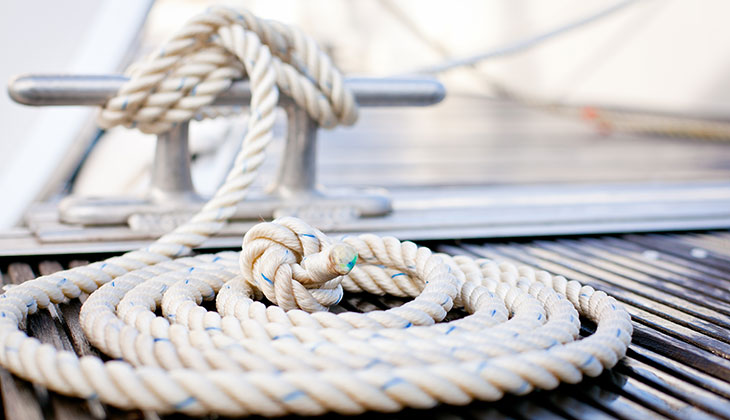BSS Certificate - the MoT for boats
Chris Hogan, 6th May 2015, Boat
There can't be many inland waterway users who aren't aware of the Boat Safety Scheme Examination and the Certificate which goes with it - a sort of MoT test for boats - but the test evolves constantly as more is learnt about safety and the techniques and materials used for boats progresses.

There is no legal requirement to have a Certificate, but most navigation authorities in England, Scotland and Wales won't allow a boat on their waters without one, so it's effectively mandatory.
What's involved?
The Boat Safety Scheme is owned by the Canal & River Trust and Environment Agency and manages the Certificate and authorises qualified examiners. The BSS website (see link at the bottom) has all the information that anyone needs if they are new to inland waterways or want to find out what, if anything, has changed recently.
The tests can be quite quick or may take up to four hours, depending on the size and complexity of your boat. There are two distinct procedures, one for privately owned boats and another for commercial, industrial or public use. We'll be concentrating on the former.
What's new?
The examination procedures last changed two years ago so you and your examiner should be referring to the January 1st 2013 guidelines. We've added a link to a summary of the main changes below (it's a PDF document) but the major areas of focus are LPG storage lockers and AC power connection and leads.
There are also other additions around fuel lines and connections and more on 'bullet' decklights, which have been attracting attention recently as potential fire risks, although they have been featured in test procedures for some years already.
How to get a test
The BSS hosts a list of approved examiners (also linked below) and you can search by county. Note this serves up examiners who say they will cover that area, it doesn't necessarily mean they are in that area. A lot of examiners have specified very wide areas, so it might take a while to find someone who really is local to you or your boat if that's what you'd prefer.
If you have gas on board it's worth reading the BSS guidelines on the website - it's vital that the examiner can access all areas of the system. This includes all around the cylinder locker and if the examiner can't access part of the system or the locker, there will have to be a re-test and accompanying charge.
Keep tabs on safety
Remember that the safety scene is one that changes quite often so it's wise to keep an eye on the BSS website every now and then to catch up on changes.
We wish you all a happy and safe time on the water.
Related articles
Monthly Newsletter
Not signed up to our monthly newsletters and would like to keep up to date with a variety of products? Select from below which products you would like to receive.
No Product! Please select a product